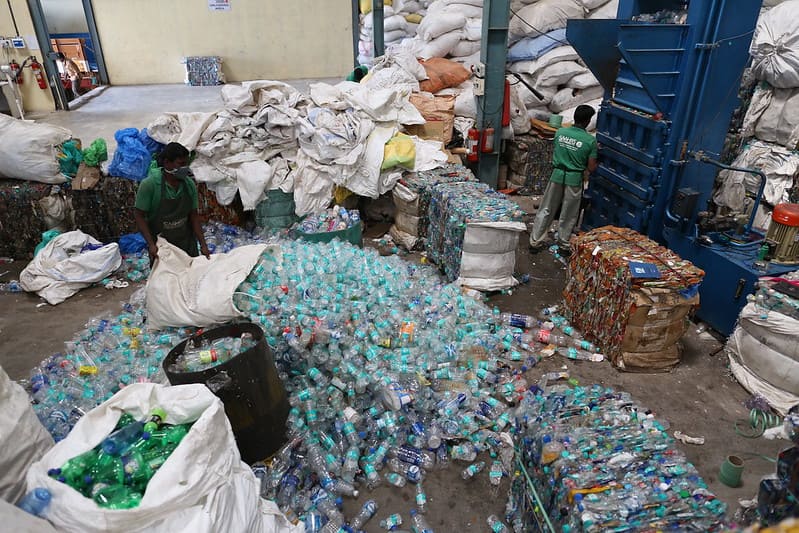June 5th marked World Environment Day (WED), a crucial initiative by the United Nations that shines a spotlight on the planet’s most pressing environmental issues. This year’s theme, “Putting an End to Plastic Pollution,” is a rallying cry to address the plastic crisis that’s choking our oceans, poisoning our soil, and harming human and animal health.
The statistics are staggering: global plastic production has skyrocketed from 2 million tonnes in the 1950s to a whopping 450 million tonnes in 2019 – a surge of over 22,500%! The consequences of this plastic explosion are dire: non-biodegradable waste clogs our drains, contaminates our oceans, and threatens the very survival of our planet.
The UN’s ambitious target to end plastic waste by 2040 is a call to action that demands our attention and collective effort. As we continue to grapple with the plastic pandemic, it’s clear that we need a drastic shift in our behavior, our policies, and our relationship with plastic. The time for change is now – let’s work together to create a plastic-free future and safeguard the health of our planet.
Take, for instance, the recent viral controversy about Lagos “smelling.” Instead of engaging in blame games, both the government and citizens should have used that moment for serious self- reflection. If our environment reeks, it’s because our systems are broken—and fixing them requires all hands on deck.
As we mark the 53rd World Environment Day, we must remember that the burden of environmental responsibility does not rest with the government alone. It rests with all of us. If we truly wish to see clean cities, healthy oceans, and sustainable communities, we must act in concert—citizens, corporations, and country.
Only then can Nigeria move from pollution to progress.



